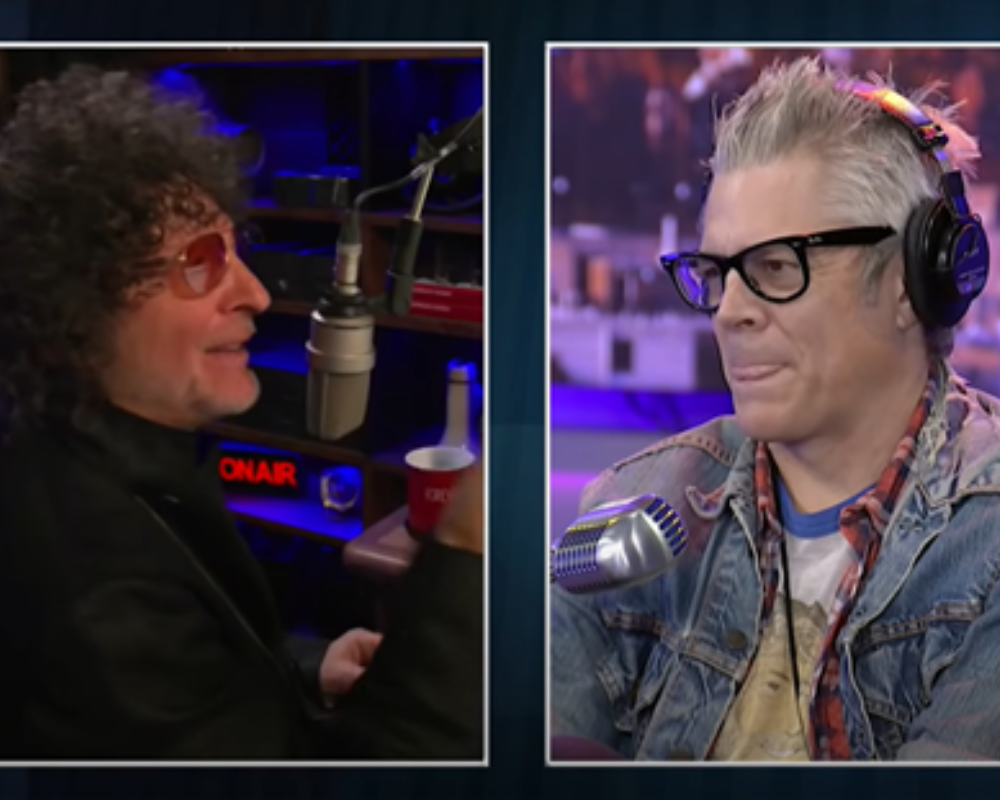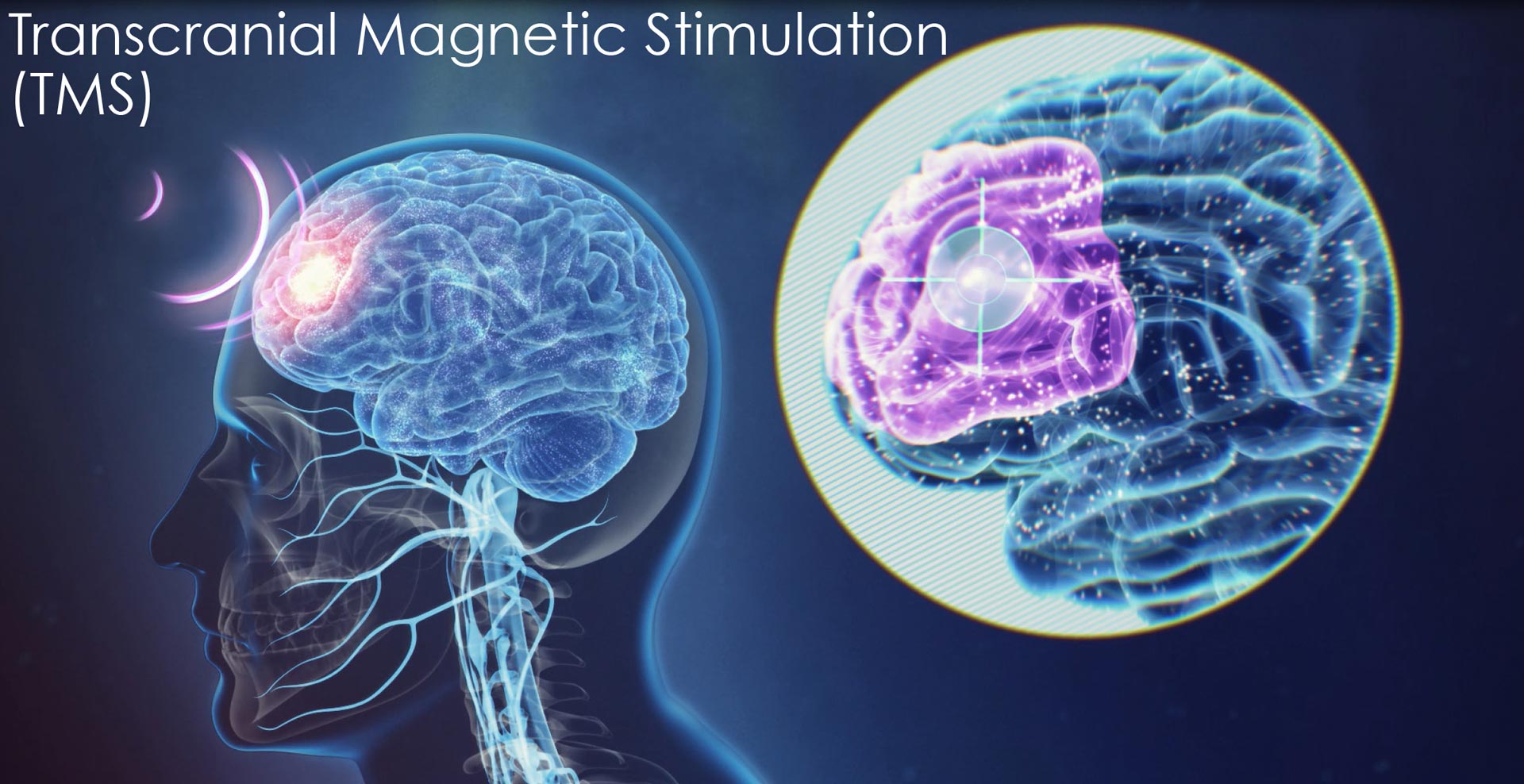Johnny Knoxville, renowned for his stunts on Jackass and his appearances in numerous movies and TV series, recently opened up about his journey with TMS therapy to recover from a traumatic brain injury. During his interview with Howard Stern on January 25, 2022, Knoxville discussed how TMS therapy played a significant role in his rehabilitation process following a bull accident on set.
Recalling the severity of the bull hit, Knoxville stated, “It was the worst hit I’ve ever taken, from a bull or maybe in general. My cognitive ability really declined.” Concerned about his declining concentration and cognitive skills, Knoxville’s neurosurgeon recommended various treatments, including Transcranial Magnetic Stimulation (TMS).
For a span of two months, Knoxville underwent TMS treatment sessions lasting 30 minutes each, amounting to a total of 10 to 12 treatments. The purpose of these sessions was to alleviate depression and improve his cognitive abilities, as explained by Knoxville during the interview with Stern.
What the studies say
Recent studies and research highlight the effectiveness of low-intensity TMS as a groundbreaking treatment for concussions and other traumatic brain injuries. With FDA approval, TMS has already proven its efficacy in resolving depression and OCD.
Interestingly, Johnny Knoxville is not the only celebrity who has openly discussed their positive experiences with TMS therapy. Neal Brennan, the producer and writer of the Chappelle Show, also battled depression and shared his journey with various depression treatments, including ketamine and TMS. Brennan specifically mentioned that TMS was the most effective treatment he had tried.
The increasing popularity of TMS therapy to address a wide range of mental health issues is undeniable. Clinical research continues to uncover new and diverse applications for TMS, reinforcing its status as a valuable treatment option with expanding possibilities.
As more individuals, including high-profile figures like Johnny Knoxville and Neal Brennan, share their success stories, TMS therapy gains recognition as a transformative approach in the field of mental health treatment.
Watch the interview here
TMS Therapy in Sports-related Concussions:
Sports-related concussions are a common type of traumatic brain injury, particularly in contact sports like football, hockey, and soccer. Managing and rehabilitating these concussions effectively is crucial for athletes to regain optimal cognitive function and safely return to their sport. TMS therapy has emerged as a potential tool in the comprehensive treatment plan for sports-related concussions.
Research suggests that TMS can play a role in addressing the cognitive impairments often associated with concussions. Studies have shown that TMS treatments targeting specific brain regions involved in cognitive processing, such as the dorsolateral prefrontal cortex, can improve attention, working memory, and processing speed in individuals with concussions. By modulating cortical excitability and promoting neuroplasticity, TMS may facilitate the recovery of cognitive function following a sports-related concussion.
Moreover, TMS therapy can be particularly beneficial in cases where cognitive symptoms persist or become chronic post-concussion. The non-invasive nature of TMS makes it a safer alternative to medications or invasive procedures, especially in young athletes who may be more susceptible to the adverse effects of certain medications.
While further research is needed to establish standardized treatment protocols and fully understand the long-term effects of TMS in sports-related concussions, early findings are promising. TMS therapy holds the potential to enhance the cognitive rehabilitation process and help athletes safely return to their sports with improved cognitive function.
Other Celebrities Discussing TMS Therapy
Due to privacy considerations, specific information regarding the recipients of Transcranial Magnetic Stimulation (TMS) is not publicly disclosed. Nevertheless, notable celebrities who have publicly expressed their endorsement of TMS therapy are well recognized.
One such individual is Brent O’Brien, a producer of the Matt and Ramona show, who courageously shared his two-decade battle with depression. O’Brien embarked on a treatment plan involving TMS sessions lasting 37 minutes, five days a week, for a duration of six weeks. It is important to note that throughout the treatment cycles, no sedatives, painkillers, or numbing agents are administered.
Typically, TMS therapy is offered to patients who have not responded positively to conventional depression treatments, including medication and therapy.
Another prominent figure who has credited TMS with profoundly transforming her life is Jenny Lawson, a highly acclaimed Texas writer known as the Bloggess. In 2018, Lawson openly discussed her profound struggle with “really, really deep depression” and the diagnosis of treatment-resistant depression conveyed by her psychiatrist.
As conventional medication failed to provide relief, she was recommended for TMS therapy, which involved 40-minute sessions, five days a week, over the course of seven weeks. Lawson, a #1 New York Times bestselling author celebrated for her book Broken, experienced remarkable success and improvement in her well-being through TMS treatments.
Related Articles and Research
- Repetitive Transcranial Magnetic Stimulation (rTMS) as a Treatment For Chronic Dizziness Following Mild Traumatic Brain Injury
- Noninvasive Brain Stimulation For Persistent Postconcussion Symptoms in Mild Traumatic Brain Injury
- rTMS Treatment of Persisten Headache and Post Cuncussion Symptoms Attributed to Mild Traumatic Injury to the Head
- Actors Battling the Scourge of Depression





